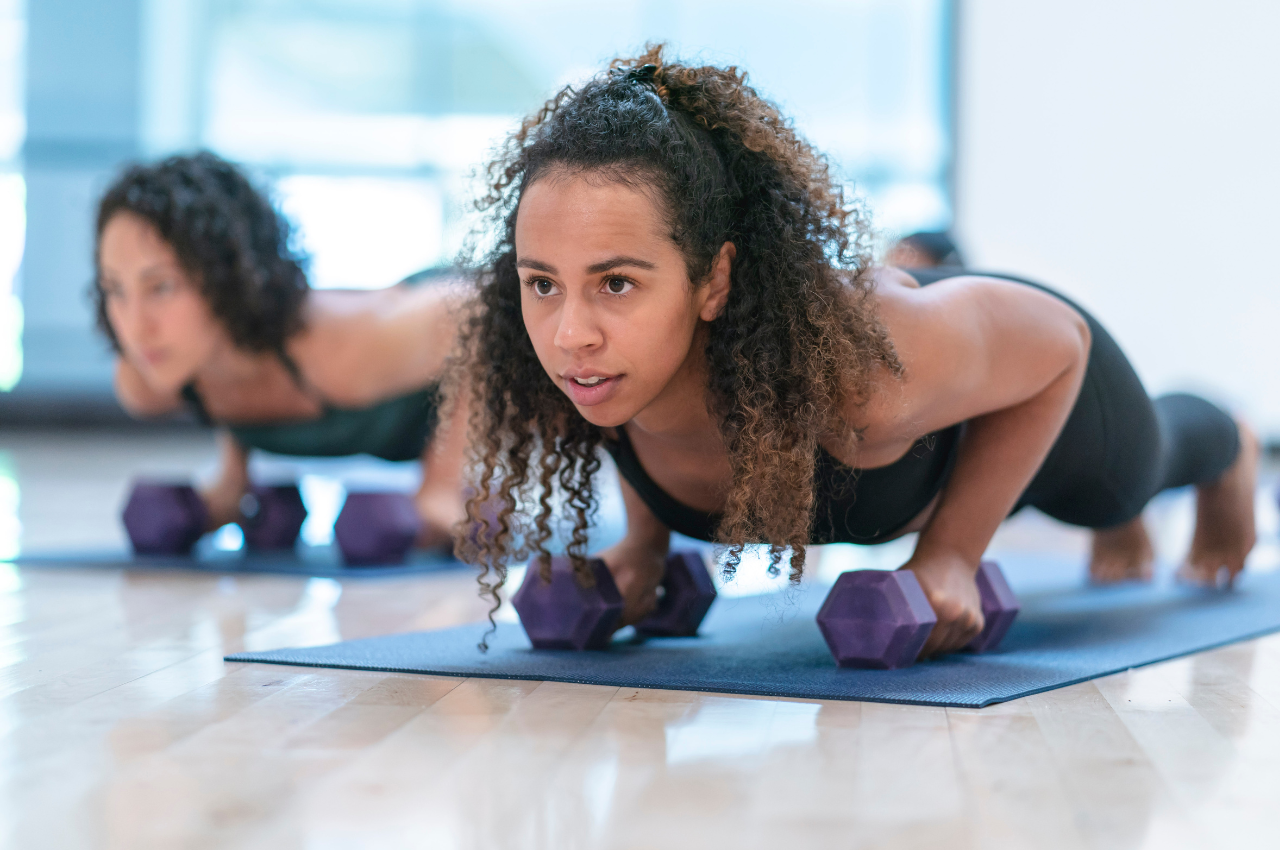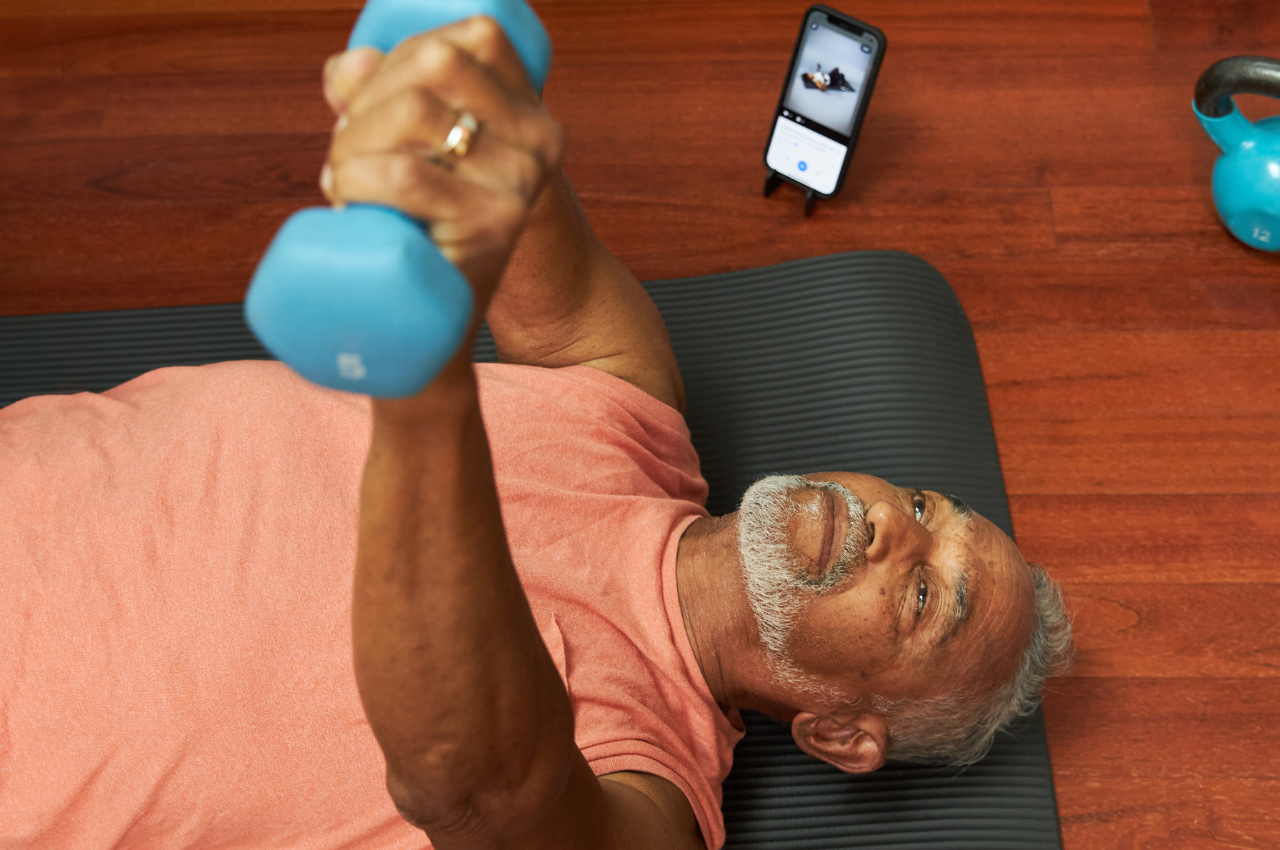Eat more blueberries or dark chocolate. Try fish oil supplements. Exercise more. Be social. There are lots of strategies out there on what to do to prevent, or even reverse cognitive decline. But which are the most important to focus on? We spoke with Dr. Amy Lee, Chief Medical Officer at Pear Health Labs, to explain the SHIELD method for better brain health, and to offer tips for incorporating these strategies into daily living.
What is S.H.I.E.L.D?
“It’s an easy-to-remember acronym developed by Rudolph Tanzi, PhD., a world-renowned researcher and expert on Alzheimer’s disease. S.H.I.E.L.D. stands for five research-proven lifestyle behaviors anyone can do to protect and optimize brain health as we age.”
S: SLEEP at least 7 hours a night
Sleep is essential for maintaining cognitive function and brain health, helping to promote brain plasticity (the ability to change and adapt) and memory consolidation. Yet many people don’t get the sleep they need. According to the Sleep Foundation, more than one-third of adults sleep less than seven hours per night.
Why is it so important to get enough sleep?
“Getting a good night’s sleep allows the body to rest and restore the energy it needs from the day’s metabolism and environmental impact. When sleeping, various pathways of the cells turn on and off which contributes to the restoration of the body. When you sleep, the body replenishes enzymes, proteins, and hormones, which are ‘used up’ during waking hours.”
What happens when we’re sleep-deprived?
“Sleep deprivation can be dangerous. It means the brain doesn’t get enough time to rest and replenish things such as neurotransmitters, hormones, and enzymes that it needs to function at its optimal level. Among other negative effects, accumulated stress can result symptomatically, resulting in memory loss, difficulty in attention and focus, slow response time, fatigue, and mood changes.”
What are some ideas for better quality sleep?
Dr. Lee: “First, observe your sleep habits. Even before you go to sleep, are you doing things that may be overstimulating, such as drinking too much caffeine or alcohol during dinner?
“Once in bed, are you relaxed, or do you get hyped up after spending 40 minutes on TikTok? Is your bedroom quiet and dark? Surprisingly, even a night light can disrupt your sleep, as the light can penetrate through your eyelids. This can suppress your pineal gland from secreting its optimal levels of melatonin to induce sleep.”
H: HANDLE stress
Stress causes the release of hormones such as cortisol and adrenaline. Cortisol can damage neurons in the hippocampus, the part of the brain responsible for learning and memory. Chronic stress can lead to a decrease in brain volume, especially in the hippocampus.
How does stress take a toll on brain cells?
“Stress can contribute to inflammation of the body and the brain. Inflammation is a form of cellular stress. A restless brain can trigger biochemical pathways secreting certain proteins or enzymes that could communicate with other cells to kick in a ‘protective’ reaction which can also be inflammatory.”
What are some simple ways to reduce stress?
“One of the most cost-effective ways to relieve stress is to use a phone app to get help with quieting the brain. An app such as Aaptiv offers a variety of guided meditations with coaching to help you every step of the way. The Aaptiv platform also includes guided yoga and exercise routines which are excellent for managing stress.
“Another strategy is to isolate time for yourself and go to a place that makes you happy. It could mean simply sitting at a coffee shop and people-watching. The key is figuring out what helps you feel calm.”
I: INTERACT with friends
According to research, social isolation is associated with an increased risk of dementia and cognitive decline. Notably, one study found that more frequent social contact with friends rather than relatives was associated with a lower risk of developing dementia.
Why is social interaction so important?
“Disparity and loneliness are huge contributors to chronic conditions today. The feeling of loneliness can affect downstream how one behaves and feels about any situation. It also can play a role in perpetuating a state of helplessness and sadness which affects cognitive health.”
What are some ideas for people who may be introverted?
“There are a lot of activities that don’t involve a lot of other people or crowds, yet still provide opportunities for connection. People-watching is a wonderful activity. You can sit in a public place and observe others yet remain open for conversation if the opportunity arises. Taking a stroll in your neighborhood, or going to the park, library, or museum can also get you out of the house and interacting with others.
“Other ideas include volunteering in your community or taking a class. These can be low-key ways to meet and connect with people interested in similar things.”
E: EXERCISE daily
There’s extensive research showing how exercise improves brain function. Among its many benefits, it increases the size of the hippocampus (the memory and learning center), and improves cognitive function, processing speed, and decision-making.
Regular physical activity can also reduce the risk of cognitive decline, including dementia. One study found that cognitive decline is almost twice as common among adults who are inactive compared to those who are active.
Is it necessary to do aerobic exercise for better brain health?
“Exercise is movement. And it’s consistent and recurrent movement that makes an impact on your health. Any activity that gets your heart and lungs pumping can promote the growth of new brain cells. This could include brisk walking.”
Exercise promotes BDNF. What is that, and why is it important?
“BDNF is brain-derived neurotropic factor that consists of proteins and enzymes that communicate with other cells and neurons via synapses and connections. Aerobic exercise increases the production of BDNF which helps keep new brain cells alive.
“A bonus result of exercise is that helps the brain secrete hormones such as endorphins, which are the happy hormones. The endorphins secreted during movement talk to other parts of the brain and the body to activate and/or trigger other pathways.”
L: LEARN new things
Learning new skills can strengthen the connections between parts of your brain, and can reduce the risk of developing dementia.
Why is it so important to keep learning throughout life?
“The brain can decrease in cognitive capability if not used properly. Just like a growing infant needs new sounds and noises to keep the brain active. The brain is absorptive and takes in new information and forms connections to other components of the brain to make sense of the world. The brain is a constant working construct, which makes it super important to always keep it active. “
What are the best activities to exercise the brain?
“Any activity that encourages thinking, learning, and ongoing practice can support brain health. This could include games such as crossword puzzles, and sudoku as well as more complex activities. Acquiring a new language or a new skill such as digital photography or painting, are just a few examples of challenges that can enhance your brain function.”
D: Eat a Healthy DIET
A plant-based diet of vegetables, fruits, legumes, nuts, and seeds can help protect the brain against inflammation. Two diets in particular, the Mediterranean diet and the MIND diet – both of which encourage fresh produce, legumes, nuts, fish, whole grains, and olive oil, have been shown to offer strong protection against cognitive decline. One study showed that the Mediterranean Diet was linked with a 23% lower risk of dementia.
Eating healthy can be expensive. What are some budget-friendly brain foods?
“There are a lot of nutrient-dense, healthy foods that don’t cost a lot. For example, eggs are cheap now that we don’t have an egg shortage. One egg has six grams of protein and about 60 calories along with some vitamins.
“If you’re having a salad, go for green leafy romaine lettuce. It has much more fiber content compared to iceberg lettuce so it can keep you fuller, longer. For nuts, it’s cost-effective to buy bulk walnuts and make walnut butter. It’s packed with protein and good fatty acids. And because of the oil content, it’s very filling.”
“I also recommend lentils. A one-pound bag can last for weeks when you make it into a stew. Lentils are a great source of protein and fiber and have good resistant starch, which can help regulate blood sugar and may help to reduce the risk of chronic disease.”
Although we can’t control all the risk factors that contribute to cognitive decline and dementia, there are certain activities that can have a significant impact on brain health. The S.H.I.E.L.D. method serves as a simple reminder of the lifestyle choices accessible to everyone that can help safeguard cognitive well-being.
Aaptiv as a Resource
Aaptiv offers a complete fitness solution to help seniors (and everyone else!) get active, stay active, and improve their health and quality of life. Aaptiv Advantage is an all-in-one senior fitness & wellness solution designed to increase engagement of health plan members and drive lower medical loss ratios (MLR’s) for the plan.
Aaptiv Advantage offers access to the largest Medicare fitness facility network in the industry, with over 25,000 locations that include many specialty and boutique locations not offered elsewhere. In addition, it provides AI-powered workout plans and on-demand fitness and wellness classes that address specific endurance, flexibility, balance, and strength challenges for seniors.





